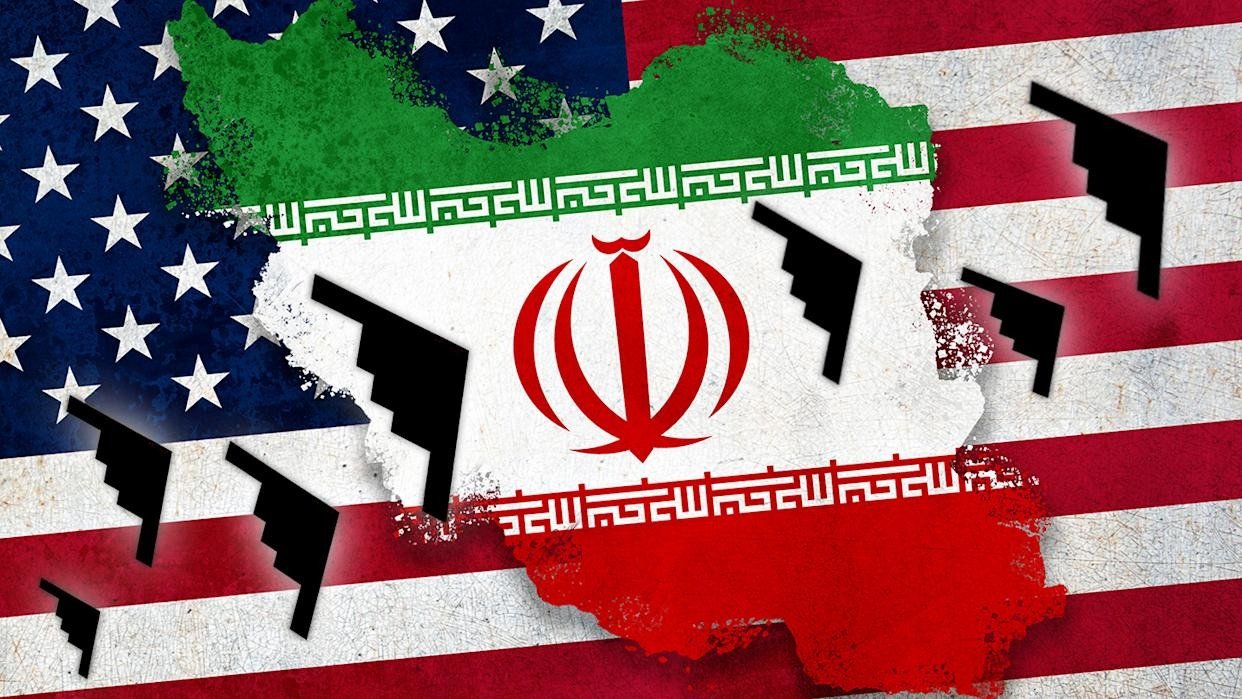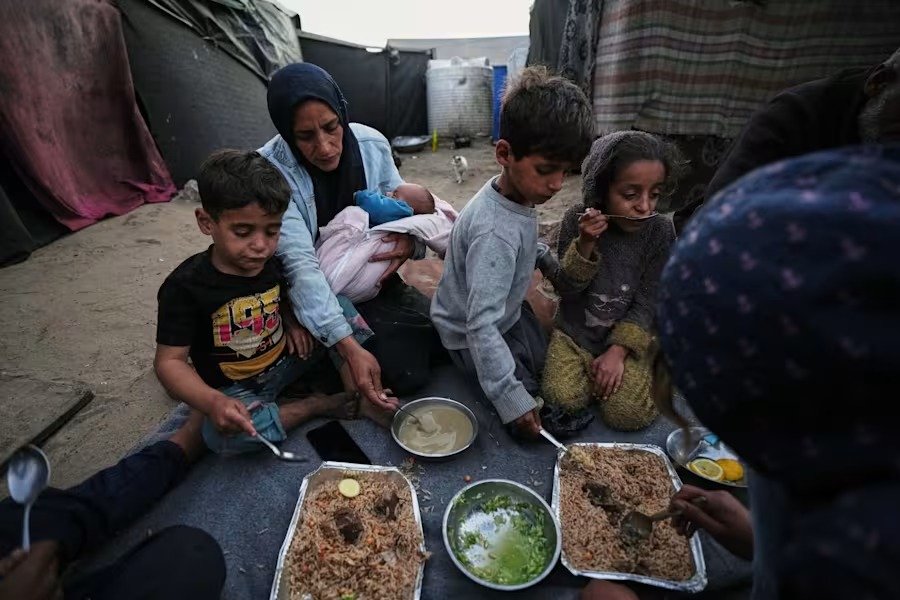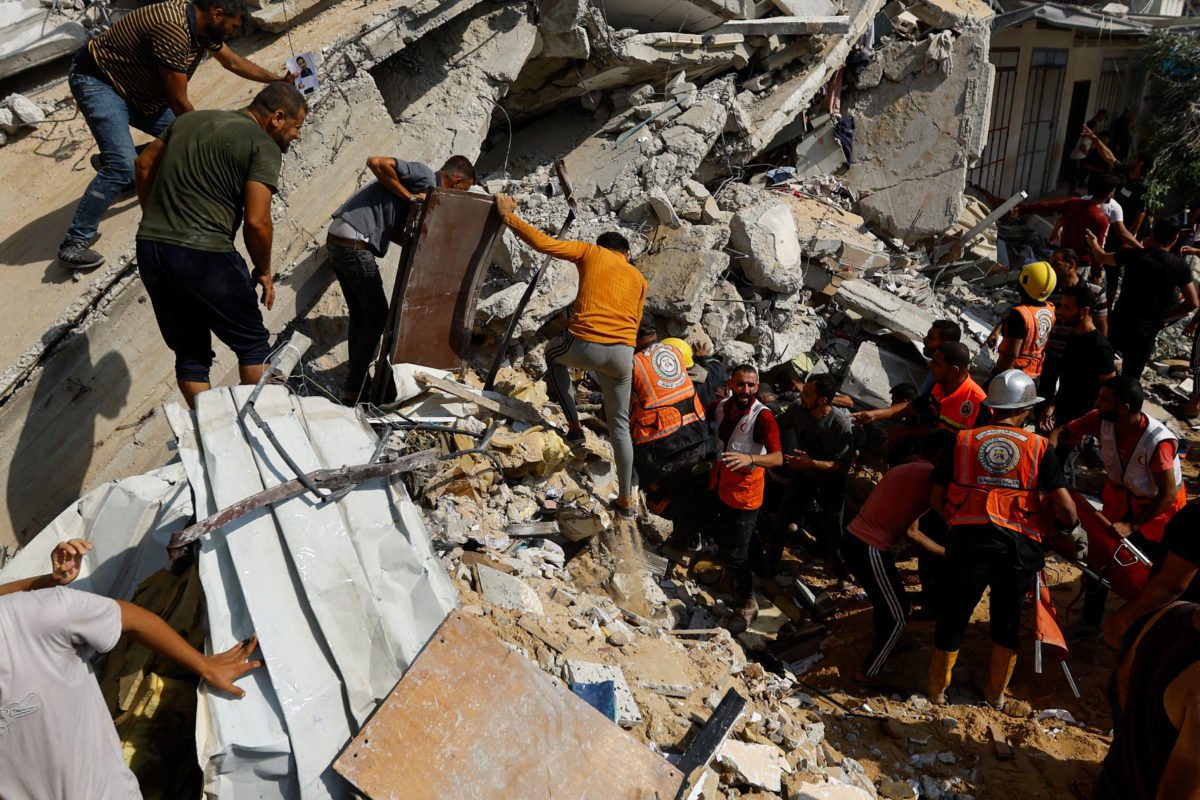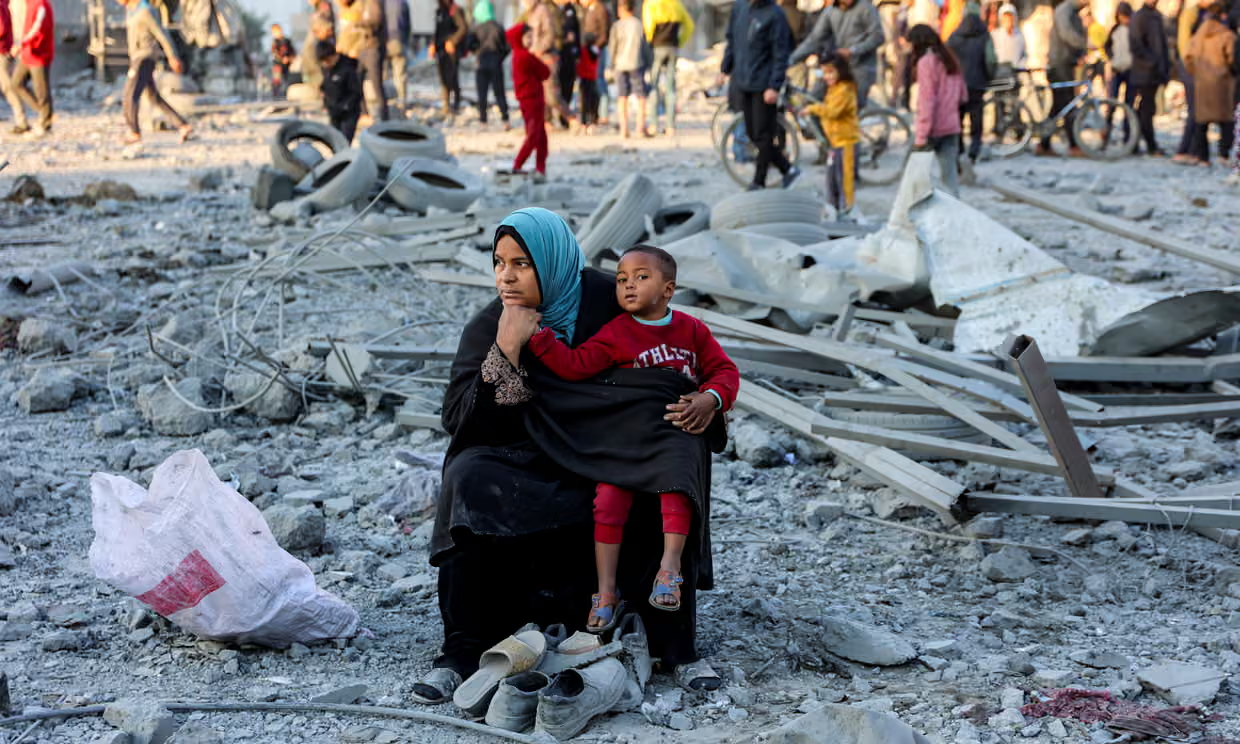Tension is rising in the Middle East after a recent US military airstrike on Iran. While the attack came just three days after Iran hinted at a decision within two weeks, experts say the US had been preparing for months. With forces already stationed in 19 bases across the region, the US quickly moved its warships and troops to safer areas following Israel’s strike on Iran.
Aircraft were moved from Qatar and warships repositioned from Bahrain. This suggests Washington had anticipated possible conflict and had plans ready. The question now is whether this will lead to wider war.
Inside the US, reactions are split. Many Democrats have criticized the decision, calling it unconstitutional. They argue that President Trump acted alone, without consulting Congress. In contrast, Republicans have praised the move. Meanwhile, Israel, a close ally of the US, has remained supportive.
Some analysts wonder if this was just a one-time attack aimed at pleasing Israel or sending a warning. If that is the case, a short conflict may help avoid a larger crisis. However, President Trump has made it clear that if Iran strikes back, the US will expand its military actions.
Iran has confirmed that airstrikes occurred but claims that key nuclear sites were not damaged. Iranian officials say they moved sensitive equipment ahead of time, anticipating attacks. Tehran also claims to have taken steps to secure its facilities.
Still, doubts remain about Iran’s true military capacity. Experts question how long Iran can defend itself with only missiles, especially if both the US and Israel continue their operations. Iran may be trying to show strength, but its response so far has been limited.
In a new warning, Iranian officials stated that they will no longer separate military and civilian targets. They added that at least 500 US soldiers are within range of Iranian weapons. This shows that Iran is ready to act, within its limits.
Despite limited capacity, Iran appears determined to resist. The full scale of its potential response is unclear. The world now waits to see whether Iran will answer the strike with force or seek a peaceful path.
If Iran chooses retaliation, it could spark a wider war. Trump has already warned that a strong Iranian response will lead to a much larger American military campaign. This would likely worsen the already fragile state of the Middle East.
The global community is watching closely. Whether Iran picks conflict or compromise will decide not only its future but also the stability of the entire region. For now, all eyes remain on Tehran as the world hopes for calm.







